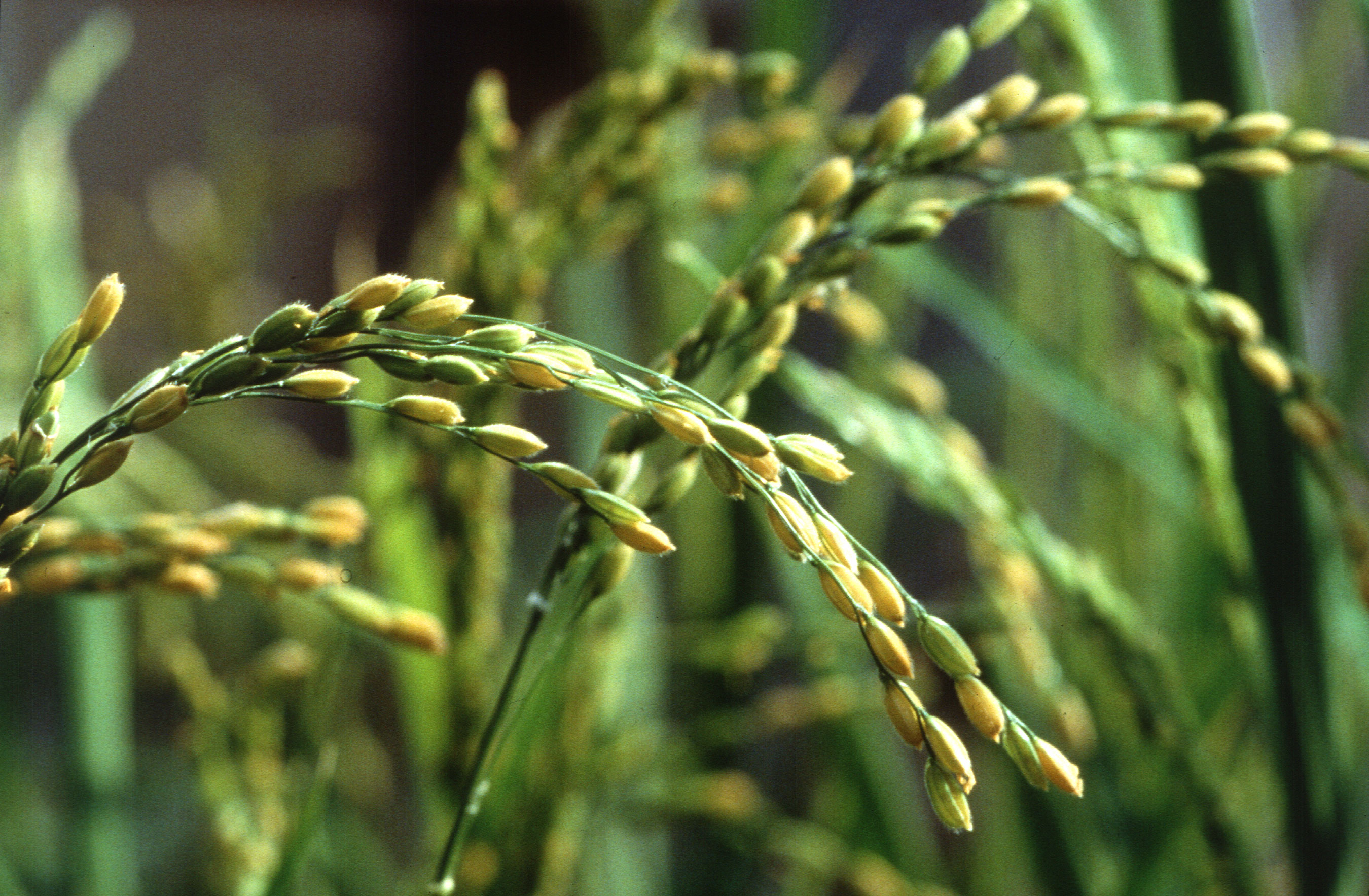Friday, October 7, 2016 - In order to feed Earth's swelling population, U.S. agriculture and agribusiness interests - notably Monsanto - have insisted that American farmers aggressively ramp up grain and meat production by using  genetically modified (GMO) crops as an essential tool to ensure global food security.
genetically modified (GMO) crops as an essential tool to ensure global food security.
However, according to a report, Feeding the World, recently released by Environmental Working Group (EWG), the agricultural industry promulgates this "feed the world" mantra as a way to deflect attention from their environmentally destructive practices. In fact, as the authors of the report determined, U.S. agricultural exports are mostly feeding people in wealthy countries that can afford to buy them rather than the most undernourished countries.
For the study, Weir Schechinger and co-author Craig Cox, EWG's senior vice president for agriculture and natural resources, examined where U.S. agricultural exports are going, and what products are being exported to see who the U.S. is actually feeding.
Using trade data, the authors found that 86 percent of American agricultural exports in 2015 went to 20 of the world's wealthiest and most developed export destinations, including Canada, China, Mexico and the European Union. Half of all U.S. exports going to these relatively affluent nations consisted of meat and dairy products, and animal feed.
Only half of 1 percent of U.S. agricultural exports last year went to 19 nations, including Haiti, Yemen and Ethiopia, that the U.N. Food and Agriculture Organization determined had very high or high undernourishment. The value of U.S. food exports to the top 20 wealthy destinations was 158 times the exports to the 19 most seriously undernourished countries. Even more striking, between 2004 and 2013, U.S. exports and food aid combined contributed between only 2 to 4.4 percent of the food supply of those 19 undernourished countries.
The report categorized some of the biggest environmental concerns about modern U.S. agriculture:
- There are many water quality issues, for example - the contamination of drinking water with nitrates.
- Soil erosion is increasing on many farm fields, leading to production losses and clogged waterways.
- Loss of biodiversity is a major problem.
- Threats to public health from increased antibiotic resistance due to large-scale animal production.
Research has shown that poverty is the main cause of hunger, and growing genetically engineered crops will not directly bring smallholder farmers in undernourished nations out of poverty. Many agribusiness companies genuinely want to help feed people in hungry countries and have programs in undernourished countries that aim to help smallholder farmers increase crop production.
But a lot of these same agribusinesses use the "feeding the world" rationale to cover up the environmental damages that are partially due to their products. These interests are deflecting attention from the environmental damage caused by current farming practices, and to discourage any reform from happening to current agriculture policy that could really benefit the environment.
Learn more at this link